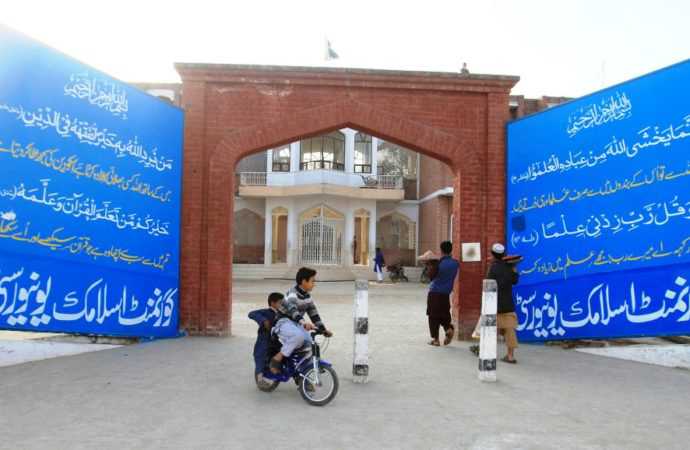Global watchdog to put Pakistan back on terrorist financing watchlist
25 February, 2018

Pakistan's foreign ministry spokesman declined to confirm or deny the news at a regular news briefing on Friday, saying the FATF would make an announcement
A global money-laundering watchdog has decided to place Pakistan back on its terrorist financing watchlist, a government official and a diplomat said on Friday, in a likely blow to Pakistan’s economy and its strained relations with the United States.
The move is part of a broader US strategy to pressure Pakistan to cut alleged links to Islamist militants unleashing chaos in neighbouring Afghanistan and backing attacks in India.
The Pakistani government official said the South Asian nation would be officially placed on the Financial Action Task Force (FATF) watchlist in June at its next meeting, which is why the FATF statement on Friday did not mention Pakistan.
The change comes days after reports that Pakistan had been given a three-month reprieve before being placed on the list, which analysts say could hamper banking and hurt foreign investment.
The United States spent the past week lobbying member countries of the Financial Action Task Force (FATF) to place Pakistan on a so-called grey list of nations that are not doing enough to combat terrorism financing.
In Washington, acting Assistant Secretary of State Alice Wells was unable to confirm the FATF decision. She said, however, that the US effort to have Pakistan put on the list was partly due to Islamabad’s failure to act against Hafiz Saeed, an Islamist who heads Jamaat-ud-Dawa (JuD), a charity accused by Washington of being a front for militant group Lashkar-e-Taiba.
“When we saw terrorists like Hafiz Saeed be released for the sixth time from house arrest or saw charitable arms of Lashkar-i-Taiba or Jaish-i-Mohammad operate freely, sometimes in front of police stations doing fund-raising exercises, it obviously raises serious concerns,” Wells said in an interview.
Lashkar-i-Taiba has been accused by the United States and India of being behind 2008 militant attacks on the Indian city of Mumbai in which 166 people died.
Pakistan made last-minute efforts to avoid being placed on the watchlist, such as taking over charities linked to Saeed.
But the moves proved insufficient and FATF decided late on Thursday that Pakistan would be put back on the watchlist, a senior Pakistani official and a diplomat with knowledge of the latest FATF discussions told Reuters.
“The decision was taken yesterday,” the diplomat said. “So the political decision was made now, but the consequences will kick in three months down the line.”
Both officials spoke on condition of anonymity.
Pakistan’s foreign ministry spokesman declined to confirm or deny the news at a regular news briefing on Friday, saying the FATF would make an announcement.
Pakistan was on the list for three years until 2015. Pakistani officials say the country managed to grow its economy during this period and raise money on international bond markets, so the economic impact will not be as big as some fear.
